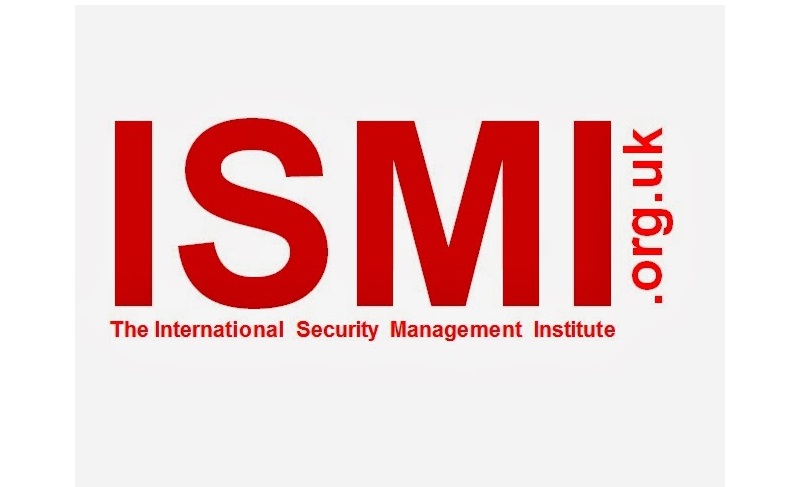ISMI the exclusive provider of the CSMP qualification…

ISMI®, the International Security Management Institute, is the exclusive provider of the Certified Security Management Professional (CSMP®) Level 6 Accredited Diploma. The CSMP® is the global-leading diploma in security management with over 600 security management professionals enrolling every year for the highly-acclaimed 12-month distance-learning programme. Participants represent a wide range of sectors: commercial, NGO and government, […]

